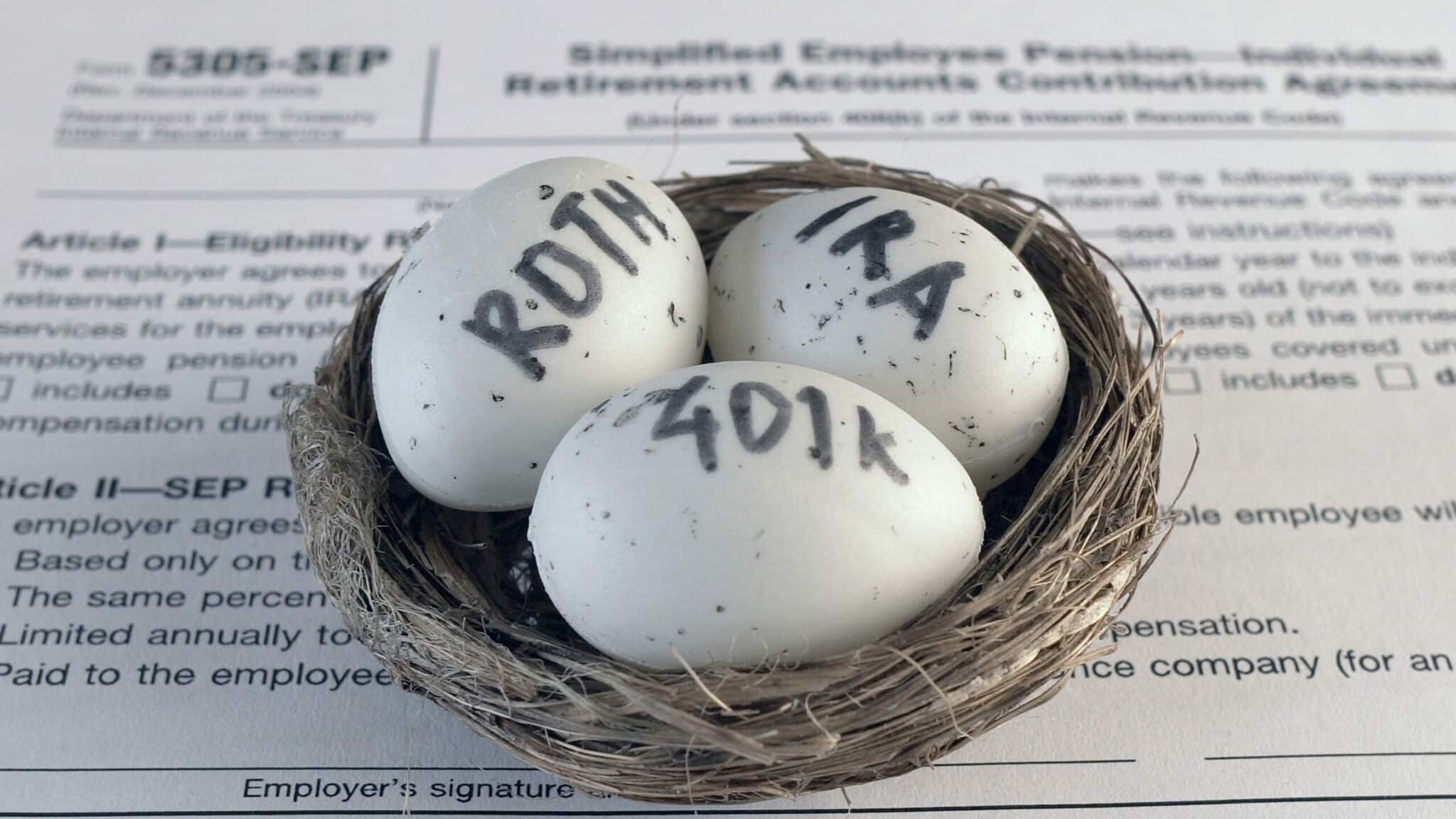Individual Retirement Accounts (IRAs) and 401(k)s are two of the most popular retirement savings plans available. Both have rules and regulations and their own benefits and drawbacks. So, which one is right for you? Let’s take a closer look at the difference between an IRA and a 401(k).
Contributions
One of the biggest differences between an IRA and a 401(k) is how much you can contribute to each plan. For 2019, the contribution limit for an IRA is $6,000 ($7,000 if you’re 50 or older). The contribution limit for a 401(k) is $19,000 ($25,000 if you’re 50 or older). So, if you’re looking to save as much money as possible for retirement, a 401(k) may be the better option.
Withdrawals
Another big difference between an IRA and a 401(k) is when you can start making withdrawals from each plan. With a traditional IRA, you can start taking withdrawals at age 59 1/2 without having to pay any penalties. With a 401(k), you can start taking withdrawals at age 55 without having to pay any penalties. However, remember that if you withdraw money from your 401(k) before age 59 1/2, you will have to pay a 10% early withdrawal penalty.
Investment Options
Regarding investment options, IRAs give you much more flexibility than 401(k)s. With an IRA, you can invest in pretty much anything: stocks, bonds, mutual funds, ETFs, etc. With a 401(k), your investment options are limited to the options offered by your employer. So, an IRA is the way to go if you’re looking for more control over your investments.
Taxes
The most significant advantage of a 401(k) over an IRA is that your contributions are made with pretax dollars. This means that your taxable income is reduced by the amount of your contribution. With an IRA, your contributions are made with after-tax dollars. So, while you don’t get a tax deduction for your contributions, you get tax-deferred growth on your investments.
Bottom Line
There are many differences between IRAs and 401(k)s. Understanding these differences is important to choose the right retirement savings plan for your needs. If you’re looking to save as much money as possible for retirement, a 401(k) may be the better option. However, an IRA is the way to go if you’re looking for more control over your investments. Ultimately, it’s up to you to decide which plan is right for you.
